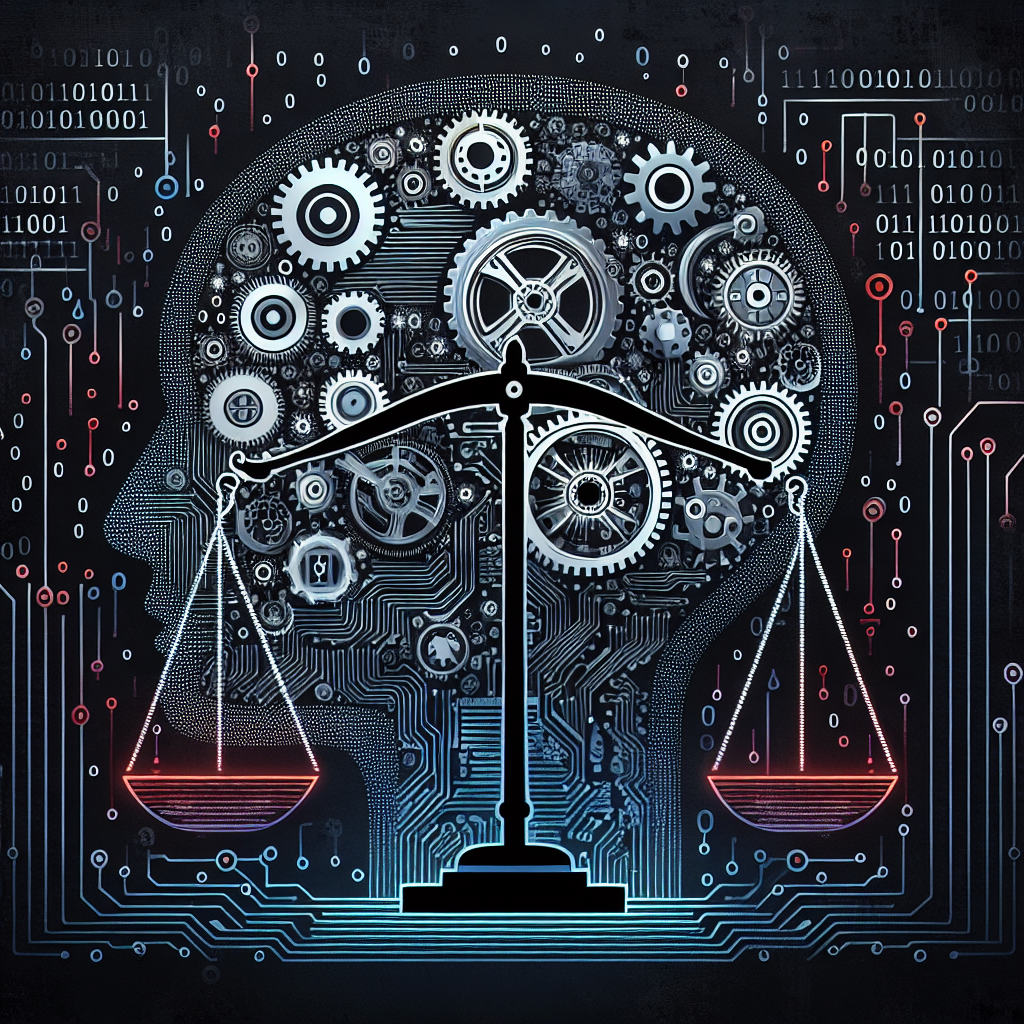Artificial intelligence (AI) has quickly become a dominant force in various industries, revolutionizing the way we live, work, and interact with technology. From self-driving cars to virtual assistants, AI solutions are increasingly integrated into our daily lives, offering numerous benefits and opportunities for innovation. However, as AI continues to advance and evolve, it also raises important ethical questions and concerns that must be addressed.
Exploring the Ethical Implications of AI Solutions
AI technologies have the potential to improve efficiency, accuracy, and productivity across a wide range of industries. They can automate tasks, analyze huge amounts of data, and even make decisions without human intervention. However, as AI becomes more sophisticated and autonomous, it also raises ethical issues related to privacy, bias, transparency, accountability, and the impact on society as a whole.
Privacy concerns are a major ethical issue associated with AI solutions. As AI systems collect and analyze vast amounts of personal data, there is a risk of privacy violations and breaches. For example, facial recognition technology can be used to track individuals without their consent, raising concerns about surveillance and invasion of privacy. It is essential for companies and developers to implement strict data protection measures and ensure that AI systems comply with privacy regulations to safeguard individuals’ personal information.
Bias is another ethical issue that arises in AI solutions. AI algorithms are trained on historical data, which may contain biases and prejudices that can be perpetuated in the decision-making process. For example, AI systems used in hiring processes may inadvertently discriminate against certain groups based on gender, race, or other factors. It is important for developers to address bias in AI systems by using diverse and representative data sets, implementing fairness measures, and regularly monitoring and evaluating the performance of AI algorithms to ensure they are unbiased and equitable.
Transparency and accountability are also crucial ethical considerations in AI solutions. As AI systems become more complex and autonomous, it can be challenging to understand how they make decisions and why they take certain actions. Lack of transparency can lead to distrust and uncertainty among users, making it difficult to hold AI systems accountable for their actions. Developers should strive to build transparent AI systems that provide explanations for their decisions and actions, as well as establish mechanisms for oversight and accountability to ensure that AI systems operate ethically and responsibly.
The impact of AI on society is another important ethical issue that cannot be overlooked. AI technologies have the potential to disrupt industries, automate jobs, and reshape the economy, leading to concerns about job displacement, inequality, and social unrest. It is essential for policymakers, businesses, and society as a whole to consider the broader societal implications of AI solutions and develop strategies to mitigate potential negative consequences, such as retraining programs for displaced workers, policies to address income inequality, and ethical guidelines for the responsible development and deployment of AI technologies.
In conclusion, while AI solutions offer tremendous potential for innovation and progress, they also raise important ethical questions and concerns that must be addressed. Privacy, bias, transparency, accountability, and the impact on society are key ethical issues associated with AI technologies that require careful consideration and ethical guidance. By promoting ethical practices and principles in the development and deployment of AI solutions, we can ensure that AI technologies benefit society while upholding ethical standards and values.
FAQs
Q: What are some examples of AI technologies that raise ethical concerns?
A: Examples of AI technologies that raise ethical concerns include facial recognition technology, autonomous weapons systems, predictive policing algorithms, and AI-powered hiring tools.
Q: How can companies address bias in AI systems?
A: Companies can address bias in AI systems by using diverse and representative data sets, implementing fairness measures, and regularly monitoring and evaluating the performance of AI algorithms to ensure they are unbiased and equitable.
Q: What are some strategies for promoting transparency and accountability in AI systems?
A: Strategies for promoting transparency and accountability in AI systems include providing explanations for AI decisions, establishing mechanisms for oversight and accountability, and adhering to ethical guidelines and standards in the development and deployment of AI technologies.
Q: What are some potential negative consequences of AI on society?
A: Potential negative consequences of AI on society include job displacement, inequality, social unrest, and ethical dilemmas related to privacy, bias, transparency, and accountability. It is important for policymakers, businesses, and society to consider these implications and develop strategies to address them.
Q: How can individuals protect their privacy in an increasingly AI-driven world?
A: Individuals can protect their privacy in an increasingly AI-driven world by being aware of the data collected by AI systems, using privacy-enhancing tools and technologies, and advocating for strong data protection laws and regulations to safeguard personal information.
Overall, exploring the ethical implications of AI solutions is essential to ensure that AI technologies benefit society while upholding ethical standards and values. By addressing privacy concerns, bias, transparency, accountability, and the impact on society, we can promote the responsible development and deployment of AI technologies that prioritize ethical considerations and promote the common good.

